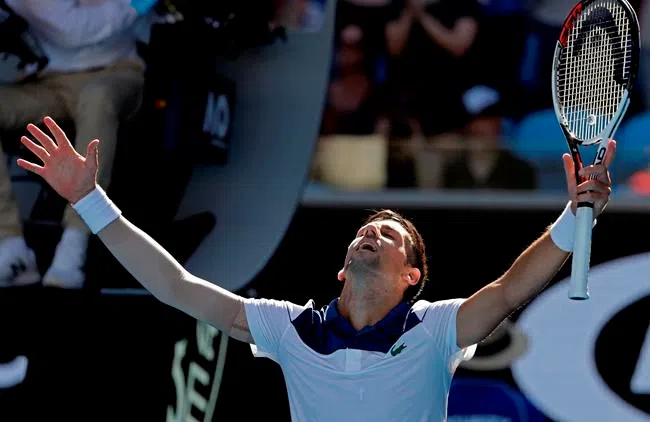
Djokovic: Players held meeting, but boycott not discussed
MELBOURNE, Australia — Novak Djokovic has rejected reports that leading men could potentially boycott future Grand Slams over prize money, though he did confirm that players held an hour-long private meeting on the eve of the Australian Open to discuss issues pertinent to the ATP Tour.
Djokovic, who is president of the ATP Player Council, didn’t specify what issues were raised at the meeting, but said media reports stating that he proposed forming a tennis players’ union to push for a greater share of revenue generated by tournaments were exaggerated or largely incorrect.
“I saw that you’ve portrayed me as someone who is very greedy, asks for more money and wants to boycott,” Djokovic told a news conference following his first-round win over Donald Young on Tuesday. “What happened is that we, players, just wanted to have us players talk about certain topics. I don’t think there is anything unhealthy about that.”
Most other players have declined to talk about what was discussed at the meeting, though Kevin Anderson, the player council vice-president, told British media on Monday that the topic of prize money was raised.
